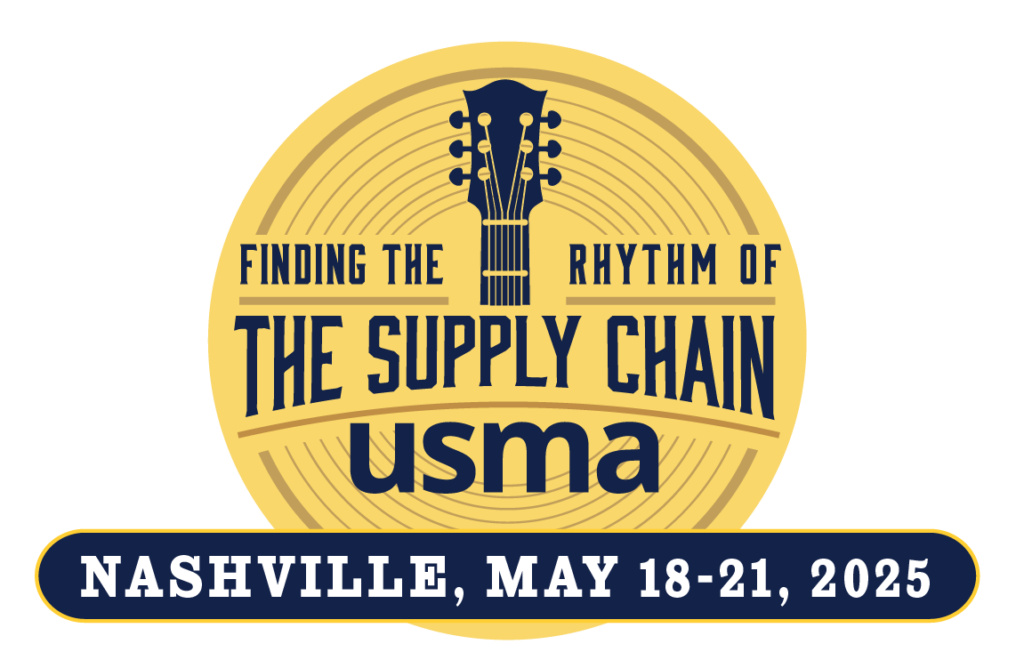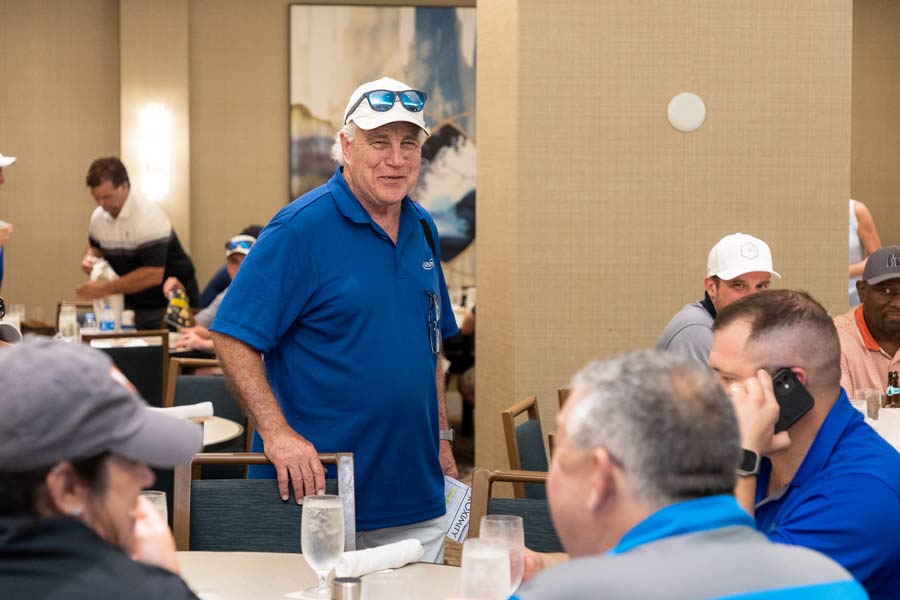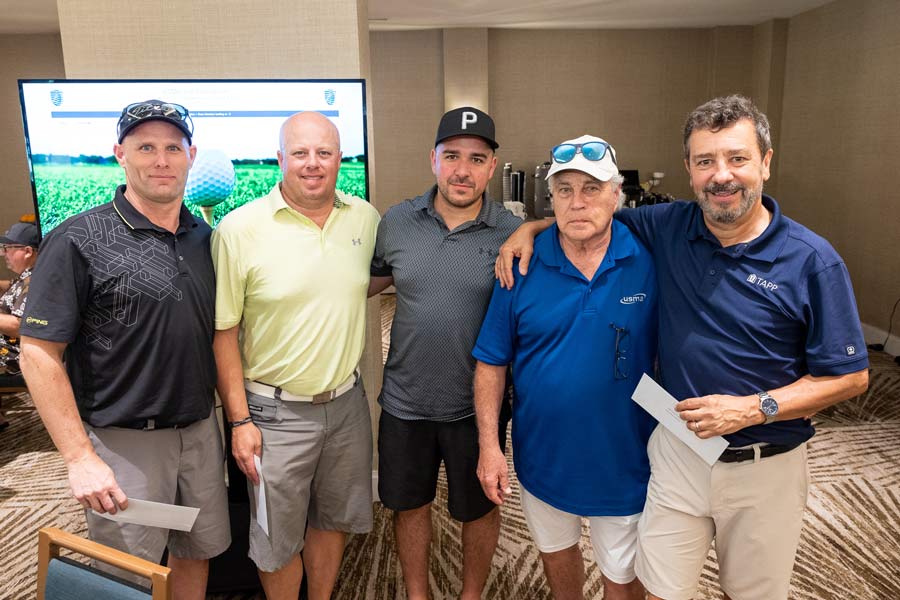Interview with USMA Founder Rick Morrison

I recently had the opportunity to sit down with Rick Morrison, founding board member and past President of USMA, and President of Utility Agency & Import (UAI). Rick shared with me a little about the history of USMA, how he’s gotten through some of the tough times in life and what makes the utility industry special.
I hear you are a bit of a wine connoisseur…tell me about that.
Indeed! My wife, Chrissy and I are invested in a small winery in Napa called Robert Biale Vineyards. It’s a niche winery with a specialty in red zinfandels and petite sirahs. We have old vines and produce small batches. Our largest selling wine is a red zin called “Black Chicken,” but we have 12-13 other zinfandels and 3-4 petite sirahs as well.
The Biale family has made wine since the early 1920s. The estate vineyard was actually planted in the very late 1890s/early 1900s and it is still producing. Turns out that the old guys made some pretty good wine. We’ve been involved in the winery for almost 10 years, so we feel like it is a home away from home already. We typically come to Napa two to three times a year for 6-12 days per trip. But needless to say, with COVID this year, we haven’t had the same opportunities. Someday, we’d love to settle there, but most of our business is located on the eastern side of the Mississippi, so it’s not the right time yet.
USMA turned 30 years old recently. I understand that you were a part of the original visionary group that founded the organization. What was at the heart of the original concept for the organization?
USMA was actually born as a sub-group of another organization, EEI. As it was originally structured, the group was open to attendees from utilities only. Suppliers only hung around at night, primarily hosting hospitality suites and taking practitioners to dinner. It became the USMA that people recognize today when EEI eliminated it as a sub-group. A couple of guys from two large utilities (Mississippi Power and Gulf State Utilities) saw the value in keeping it together and decided to maintain the philosophy of the original group but structure it differently. Mainly that meant that they wanted the utility suppliers to be an integral part of the group, rather than just the entertainment. I got a call one day from Jim Johnson at Gulf State Utilities who asked if I wanted to join. As a sales guy, it didn’t take long to decide that it would be a good idea. At our first meeting, which had five or six people in attendance, we quickly decided that for it to be a true networking and learning experience, we needed to have an equal number of utilities and suppliers on the board. And we came up with the tag line that is still in use today, “USMA is a take it home and use it organization.”
We decided that USMA should be a volunteer organization run by the board, and that we would rotate the presidency every other year between utilities and suppliers. Twenty–fiveThirty years later, we are still operating the same way. With a little seed money put in by the founders, we held our first conference in Little Rock, Arkansas. And since that time, it has grown to become an organization known for great content that is highly balanced with networking. The personal relationships people build at USMA are what keep them coming back year after year.
Networking is an important business practice. The decrease of physical meetings has changed how business is transacted. What can you suggest to fill the personal networking void?
A big part of USMA’s success rests with its formal and informal networking opportunities. We have had events with upwards of 7400 people, where you find everyone interacting with each other – even competitors. At USMA, we don’t allow hospitality rooms and we don’t allow large groups to be taken offsite during the conference. But we do pick hotels where there are good areas for gathering, and that is where so much of the magic happens.
We are still considering what the 2021 event will look like but in the meantime, one thing we have successfully done in my own business is to host virtual hospitalities, where we send each attendee two bottles of wine, put together a presentation, and spend one to two hours leading a tasting and just enjoying each other’s company. It has given people a pleasant break in a new way.
While we hope that we’ll be able to bring everyone back together next year, we also know that if virtual events are part of our short-term future, there are creative ways to build relationships, even in a Zoom world.
In 1999, the year you were President of USMA, I understand that you suffered a near-death injury a few months before the 4th annual conference in Dallas.
That’s right. I was run over in Mexico and pretty much left for dead. All my ribs were broken…my shoulders were messed up…I had a double pelvic fracture…and a punctured diaphragm. I had to have surgery in Mexico before being transferred to the Vanderbilt Trauma Center where I recuperated for two months. I was still fairly young when this happened – and I knew that I didn’t want my end game to be on the streets of Monterey, Mexico. It would have been easy to blame the woman who ran me over and feel sorry for myself, but I didn’t. I didn’t know what was going on in her life or in that car when it happened. It was an accident, and I knew it was just one of those things that I had to get over. Unfortunately, when you have an accident like that, it’s something you can never truly shake, especially as you get older because of the aches and pains it causes.
You surprised many by attending the event and handling your duties as President that year.
Tell me what carried you through that difficult year and how you managed to keep your promise of leadership to USMA.
For me, there wasn’t any thought about not keeping my commitment. I shouldn’t have been at the conference – and frankly my doctor didn’t want me to go. But I’m a goal person, so setting a goal of walking out on that USMA stage was enough to get me there. I knew that if I had the will to be there, nothing was impossible. And I had a lot of help – my two kids stayed with me in Dallas and attended to my every need. At the time, I had a fairly young son – he had to tie my shoes for me.
Unfortunately, that was only my first brush with death. I had a quadruple bypass 10 years ago. Most of the arteries – including the one they call the “widow maker” – were 100% shut. Fortunately, I’m in the 1-2% of population that – when the system starts failing it started formulating its own little bypass. That was the only thing that kept me alive. So, I have much to be thankful for. The good Lord hasn’t seen fit to make it my time yet. I still have many things to look forward to, including watching my granddaughter graduate from high school next year.
After both of these life-changing events, USMA gave me things to do and was a big part of bringing me back.
In the last few years we’ve seen an increase in natural events that threaten electric service. The electric utility industry is unique in the way everyone pulls together to help each other during disaster power restoration efforts. How has USMA helped to build and support that sense of community?
Frankly, the utility business is the largest small business I know of – and never more so than when there’s a problem. It’s kind of like a family – I can pick on my sister all the hell I want, but if YOU start picking on her, that’s a whole ‘nother story. Same thing happens in a storm or when a power transformer fails, for example. The suppliers and the utilities become a unit. As a supplier, if I know a utility is in need and I can’t help, I’ll pick up the phone and call someone that can. That’s where the networking that happens at USMA makes all the difference. Nothing happens in this business that you’re not going to find about if you’re at all connected to it.
I wonder — the industry is largely monopolistic — is that what makes it a more “friendly” environment than other industries?
I don’t think you can deny that that plays some role in it, but it’s also an industry that has been quite proud of the fact that when a brethren in the utility marketplace has a problem, everyone stops what they are doing to help solve the problem. A big part of it is the tradition of the business – and I hope it’s something that never goes away because it is very unique.
USMA has an annual golf tournament that benefits the ALS association. That event is held in memory of Frank Bennett, from BC Hydro in Vancouver Canada, who was the 3rd President of USMA. As chairman of the USMA golf tournament and a friend of Mr. Bennett, tell me what inspired you about him and his struggle with ALS.
Frank was a guy who loved life and lived it big time. I had the very good fortune of spending many of those good times with him, both in Canada and the US. I was the Vice President when he was President, so I fondly referred to him as “the boss.” (The truth is that the year you are president is the easiest because everyone else is doing the hard work.)
After he was diagnosed, I visited Frank when I could. I really treasured our friendship. Watching a friend go through something like that was one of the tougher things I’ve ever had to deal with – it was heartbreaking to watch his struggle. Once again, USMA was the reason that Frank was part of my life. So, when he passed away, I suggested that we hold the annual golf tournament in his honor and raise money for ALS. Frank was a big golfer and loved this tournament, so this seemed like a perfect way to honor his legacy.
What is the greatest leadership lesson you’ve learned from the pandemic?
At my company, we’ve initiated what we now call a Friday morning coffee. Sometimes we send doughnuts or coffee cake and ask our team to bring their own coffee. There’s not a lot of structure to it usually – it’s just a time to catch up. Sometimes we talk about territories…sometimes business development…sometimes problems we’re having. But as often as not, we just talk about the coffee…or our latest golf outing…or personal struggles. What started as a ½ hour call, is now two hours that we all look forward to. Your team is your #1 resource – we figured that out quickly and made our first commitment to them.
You have to support your employees and be sure they understand you are there to help. It’s important that people know that you are going through the same daily struggles and that you are doing everything you can to keep them safe. So, I guess my biggest lesson learned is that you have to be flexible but transparent, and keep your team aligned with what you are doing and why you are doing it. I know it sounds corny when you say it out loud, but the business isn’t worth a damn if you don’t have the team to make it happen.


The year you were President of USMA, I understand that you suffered a near-death injury a few months before the 4th annual conference in Dallas.
I was run over in Mexico and pretty much left for dead… I recuperated for two months.
For me, there wasn’t any thought about not keeping my commitment. But I’m a goal person, so setting a goal of walking out on that USMA stage was enough to get me there. I knew that if I had the will to be there, nothing was impossible.
For me, there wasn’t any thought about not keeping my commitment. But I’m a goal person, so setting a goal of walking out on that USMA stage was enough to get me there. I knew that if I had the will to be there, nothing was impossible.
Unfortunately, that was only my first brush with death. So, I have much to be thankful for. After these life-changing events, USMA gave me things to do and was a big part of bringing me back.
USMA continues its mission of providing sessions focused on delivering value you can take home and apply to keep your supply chain safe and reliable.






















